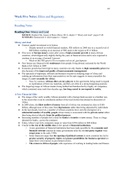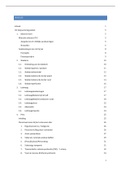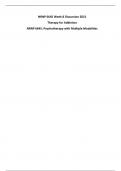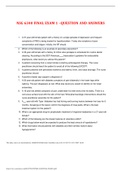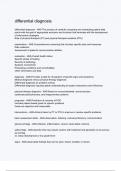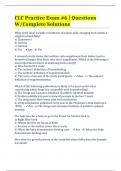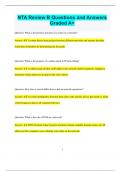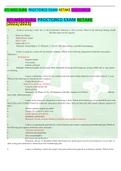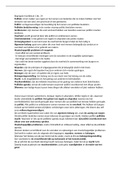Samenvatting
Politics: Africa Summary of Week 5 Readings.
- Vak
- Politics: Africa
- Instelling
- Universiteit Leiden (UL)
Stephen Ellis, Season of Rains (Hurst, 2012), chapter 3 “Money and Land”, pages 67-88 Stephen Ellis, Season of Rains (Hurst, 2012), chapter 4 “How to be a Hegemon”, pages 89-116.
[Meer zien]
